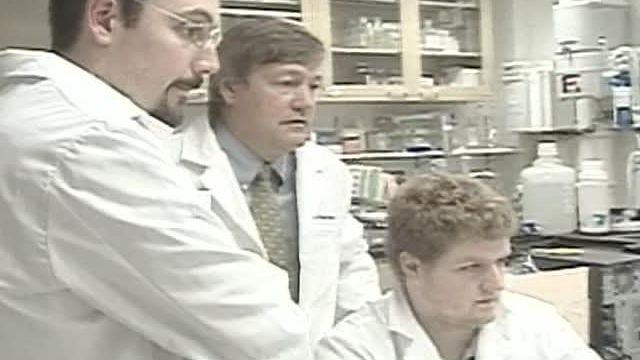Genetics May be Key to Rheumatoid Arthritis
The exact cause of rheumatoid arthritis is unknown, but a gene discovery may put researchers closer to finding out.
Posted — UpdatedOne in every 100 people will develop rheumatoid arthritis. The exact cause of the painful disease is unknown, but a gene discovery may put researchers closer to finding out.
At times, the pain in Doreen Frawley's joints makes every step hurt. She has been diagnosed with rheumatoid arthritis.
"It changes everything you do. Everything you do," she said.
Other types of arthritis are caused by natural wear and tear, but rheumatoid arthritis is an auto-immune disorder, which means the person's own immune system attacks healthy tissue.
"You're hurting because the immune system is invading your joints, releasing chemicals that cause inflammation, pain," said Dr. Peter Gregersen, of the Feinstein Institute for Medical Research.
No one knows why immune system can behave that way, but doctors have long suspected that it's a genetic problem. Now, research in the New England Journal of Medicine identifies three genes that can increase the risk of the disease.
Gregersen said one of the genes, STAT 4, is common.
"Roughly 22 percent of the population will carry STAT 4, maybe slightly more," he said.
The research found people with one copy of the STAT 4 gene have 30 percent increased risk of developing rheumatoid arthritis. People with two copies have a 60 percent increased risk.
The discovery cannot help patients right now, but it does give researchers a new understanding of how rheumatoid arthritis works.
"I think it's highly likely, that this will lead to things within the next 5 to 10 years," Gregersen said.
"Hopefully, there'll be some way that they can work this out and cure it or maintain it better," Frawley said.
• Credits
Copyright 2024 by Capitol Broadcasting Company. All rights reserved. This material may not be published, broadcast, rewritten or redistributed.





